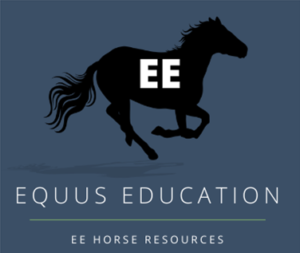So I’m about a third of the way through An Eventful Life by Alison Duthie and am thoroughly enjoying it! So far I’ve been enlightened to the eventing ‘careers’ of Australian eventers Megan Jones and Sonja Johnson.

Those involved with horses will realise that they’re a full time job – whether owners of horses, workers with them or competitors. However, what I like in reading this book, is realising that it isn’t the role as a competitive eventer that is considered the main role of either of these women.
Sonja Johnson when describing her life, splits it into four areas. One is competitive riding, whilst the other three probably earn the income. The one that caught my attention that I hadn’t considered before is public speaking.
Of course, for anyone to be employed to speak on a given topic, that would need to be knowledgeable in that area. Having the ability to speak clearly, relate to others and involve passion and humour in your talks would be an added bonus!
Having successfully competed in eventing at such a high level and a large advocate for the agricultural business has lead to Sonja being asked to speak at events such as:
- South East Premium Wheat Growers Conference
- Equestrian Queensland Awards Night
At the end of the day, being known as a public speaker may also require being out at events relating to your industry. Whether this be horse shows or events, information nights for particular products or services and educating oneself on how to speak publicly; radio talk shows may also be the way to go.
In An Eventful Life, there is a comment made by Sonja about the fact that public speaking can be a fairly lucrative job. It may not be a permanent role, but it may be a part time role that appeals to some out there – especially if they have the ‘gift of the gab’ when it comes to horses!
Public speaking roles may come in the form of being:
- an equestrian coach
- a nutrition specialist
- a farrier
- a vet
- and many, many other equine related fields may require public speaking at one stage or another
“Speak your mind, but ride a fast horse.” – Anonymous



